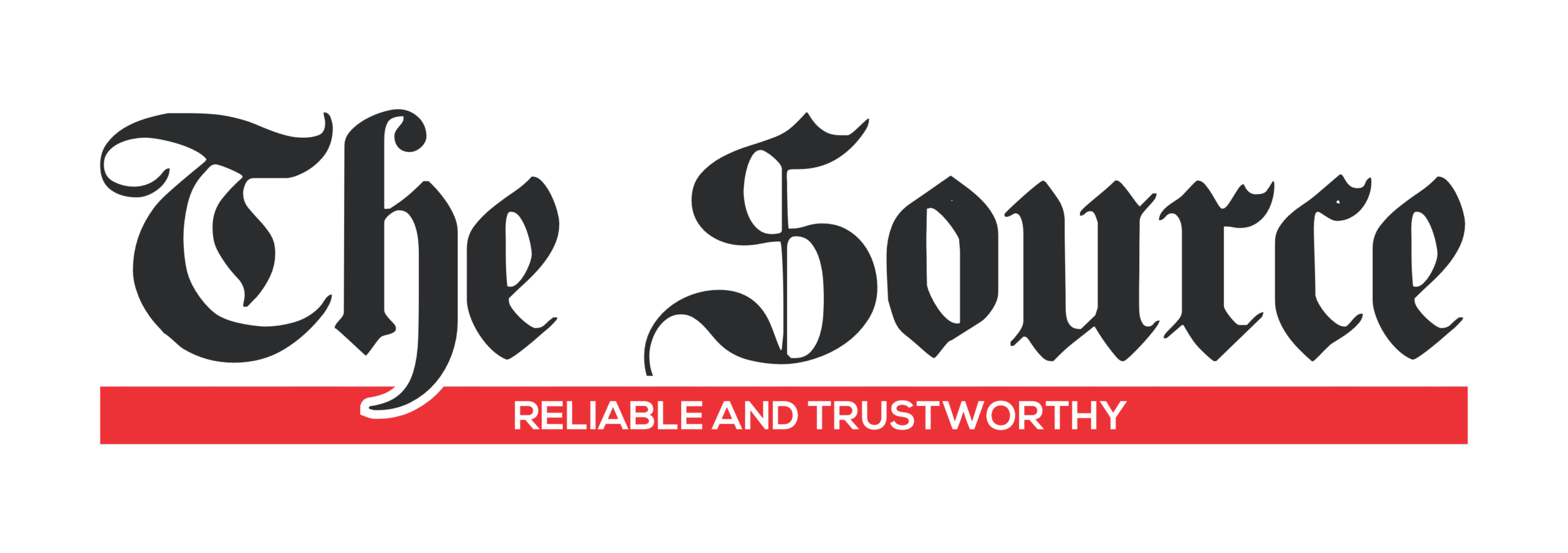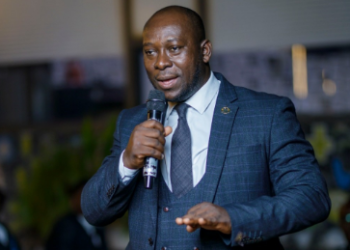Law lecturer and founder of AB & David law firm, David Ofosu-Dorte, says Ghana must move beyond the debate over whether the country needs more lawyers or engineers, and instead focus on aligning professional training with national development goals.
Speaking on The Point of View on Channel One TV on Monday, 13 October 2025, Ofosu-Dorte noted that Ghana currently has almost 9,500 active lawyers — combining the existing 8,600 with the 824 newly called to the bar. Of that number, he said, about 7,000 are based in Accra.
He explained that the country’s lawyer-to-population ratio stands at roughly one lawyer to 3,600 people — a lower ratio compared to the United States, which has about four lawyers for every 1,000 people, but higher than Kenya’s one to 6,200.
He said the focus of the debate should not be on whether there are “too many lawyers” but instead on three key questions:
“First, what type of development are we looking for, and which professions do we want to produce more of?” “Second, how do we make it attractive for people to go into those professions voluntarily?”
“And third, how do we make those professions employable?”
He warned that failing to address these issues could leave Ghana with a growing pool of professionals who are either unemployed or underutilized, regardless of how many are trained.
In a related development, Ghana has trained a total of 11,400 lawyers since 1877, according to lawyer, engineer, and lecturer Dr. Kwaku Boadu.
Speaking on Channel One TV’s The Point of View also on Monday, October 13, Dr. Boadu revealed that out of the total number trained, about 8,600 lawyers are currently active in the profession.
He clarified that this figure does not include the 824 newly qualified lawyers who were called to the Bar over the weekend.
“In the case of lawyers, we have fairly accurate data. Since 1877, Ghana has trained 11,400 lawyers, and currently, we have about 8,600 active lawyers. This is not adding the 824 that were called to the bar over the weekend,” he said.
Dr. Boadu attributed the data’s reliability to consistent, thorough record-keeping within the legal profession over the years.
“Our data is accurate because we have taken the trouble to capture all the data from 1877 to date,” he added.






